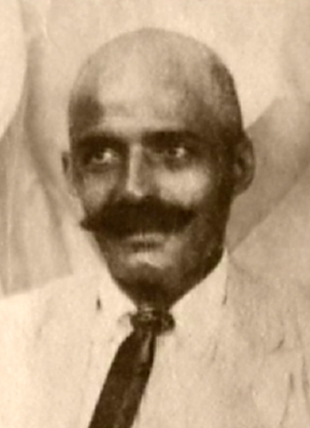George Ivanovich Gurdjieff (1867 – 29 October 1949) was a philosopher and spiritual teacher who brought to the West an ancient teaching, sacred dances (known as the Gurdjieff movements) and music. He was also a writer, but his teaching was primarily set out in an account written by one of his pupils – Piotr Ouspensky – called “In Search of the Miraculous”. A free PDF book is available at www.Gurdjieff.am
Gurdjieff was born in Gyumri, Armenia (formerly known as Alexandropol) to a Greek father and an Armenian mother and spoke Armenian, Greek and Turkish fluently.
He briefly became a citizen of the First Republic of Armenia after its formation in 1918, but he later settled in France, where he lived and taught for the rest of his life.
Gurdjieff taught that people are not conscious of themselves and thus live their lives in a state of hypnotic "waking sleep", but that it is possible to awaken to a more normal state of state of consciousness and serve our purpose as human beings. Ouspensky referred to Gurdjieff's teaching as the "Fourth Way".
Many groups around the world have formed to study Gurdjieff’s teaching and to put it into practice on a daily practice. After his death in 1949, the Gurdjieff Foundation in Paris was established and led by his close pupil Jeanne de Salzmann until her death in 1990. It was then led by her son Michel until his death in 2001.
Early influences on him included his father, a carpenter and amateur ashik or poet; and the dean of the town's cathedral. Gurdjieff avidly read literature from many sources and as well as meeting remarkable men during his travels to remote regions of Asia, Tibet, India and Egypt, he formed the conviction that there existed a hidden truth known to mankind in the past which had since become hidden.
Films
Watch rare footage of Gurdjieff’s movements:
Vimeo – The Gurdjieff Movements
YouTube – Gurdjieff: His Life and Teaching
